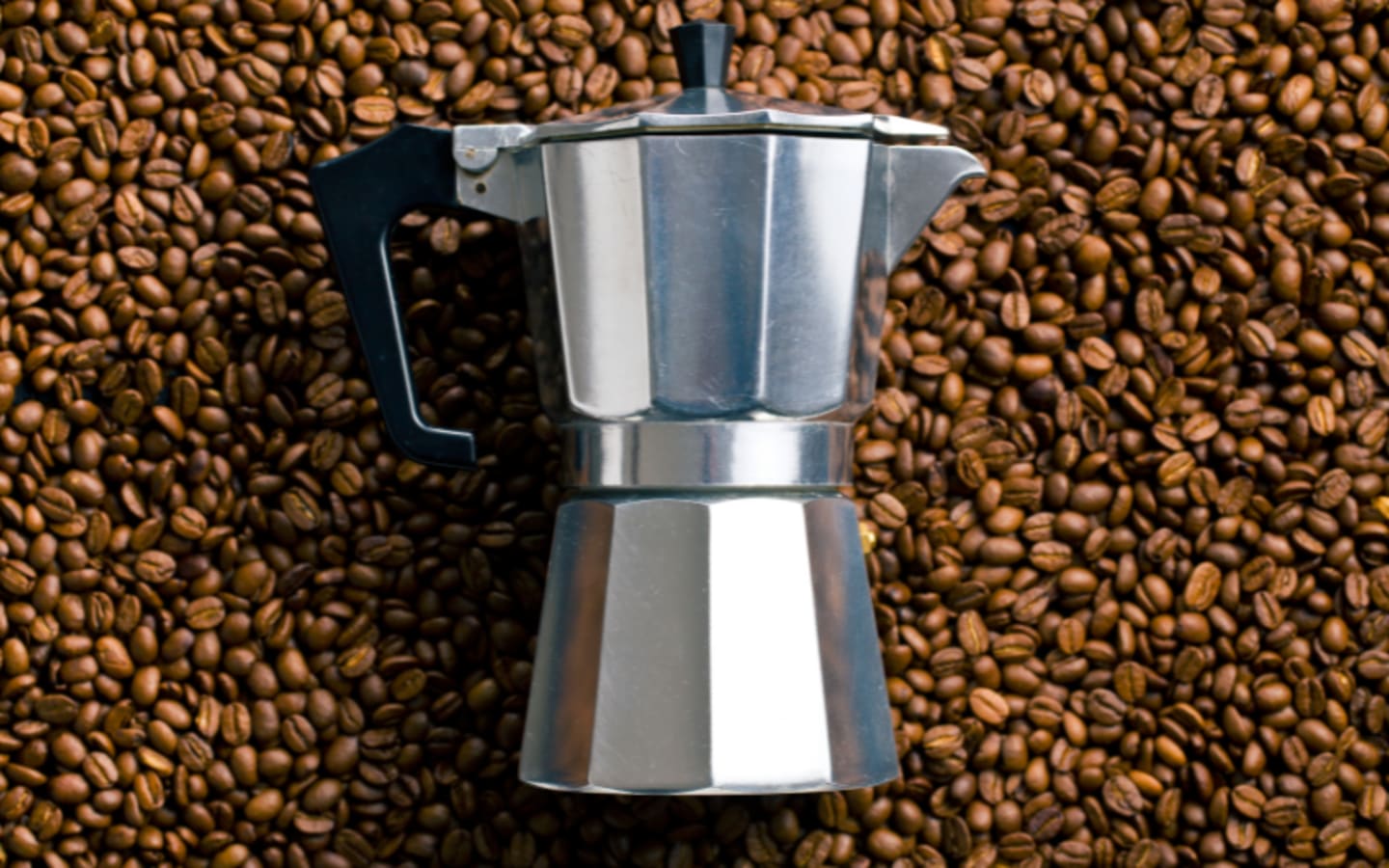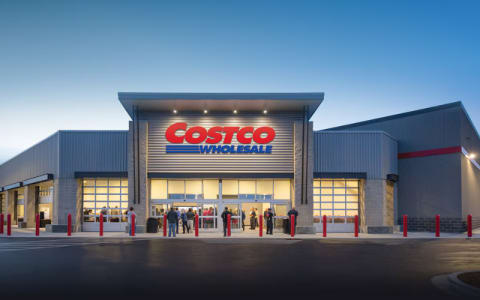The iconic Italian coffee pot maker, Bialetti, is making headlines again—this time not for its innovative designs or coffee craftsmanship, but for its acquisition by a Chinese investment firm, NUO Capital. The Luxembourg-registered company, led by Stephen Cheng of one of Hong Kong's wealthiest families, has agreed to purchase 78.6% of Bialetti's shares for €53 million. This deal, expected to finalize by the end of June, marks a new chapter in the story of one of Italy's most beloved brands.
A Legacy Rooted in Innovation and Resilience
Bialetti was founded in 1933 by Alfonso Bialetti in Crusinallo, Piedmont. The engineer introduced the world to the moka pot, an octagonal, aluminum coffee maker designed to bring the espresso experience into Italian homes. Its name, "moka," pays homage to Mokha, a Yemeni city known for its coffee heritage.
Despite challenges during World War II due to aluminum shortages, the company thrived under the leadership of Alfonso's son, Renato Bialetti. Renato not only expanded the brand globally but also introduced the famous “little man with a mustache,” a mascot that became synonymous with Bialetti’s products. Even after Renato’s death in 2016—his ashes famously laid to rest inside a giant moka pot—the brand continued to symbolize Italian coffee culture.
A 2010 study revealed that an astounding 90% of Italian households owned a Bialetti moka pot. However, while its classic moka pot remains a household staple, Bialetti has faced growing challenges over the years.
The Struggles Behind the Icon
Bialetti's financial troubles are no secret. Despite its global fame, the company has struggled to adapt to modern coffee trends, particularly the rise of capsule coffee machines. Attempts to diversify, such as expanding into kitchen utensils and opening stores in shopping malls, fell flat, further exacerbated by the economic fallout of the COVID-19 pandemic.
In 2024, the company reported a €1.1 million loss and was burdened with €81.9 million in net financial debts. Poor investment choices compounded the issue, leaving the once-thriving business in a precarious position.
The NUO Capital Deal: A Double-Edged Sword?
NUO Capital’s acquisition offers Bialetti a chance to stabilize its finances and potentially expand into Asian markets. Egidio Cozzi, who will remain as Bialetti's CEO post-acquisition, expressed optimism about the future, stating:
“Today, Bialetti is a more solid company, with a clear strategic vision and a globally recognized brand.”
However, the deal is not without controversy. Under Italy's "golden powers" regulations, the government retains the right to block or impose conditions on foreign takeovers of key companies. The acquisition is also occurring against the backdrop of tense geopolitical dynamics. Italian Prime Minister Giorgia Meloni is attempting to recalibrate Italy’s relationship with China after withdrawing from the Belt and Road Initiative. At the same time, she seeks to strengthen ties with the United States amid ongoing trade disputes.
This context has raised concerns about the implications of a historic Italian brand passing into foreign hands. Political analyst Wolfango Piccoli noted the delicate balance Meloni must strike:
“On one hand, she is attempting to pursue a soft reset with China. On the other, she is keen to position herself as President Trump’s preferred European partner.”
What Lies Ahead for Bialetti?
The acquisition signifies a significant shift for Bialetti, blending its rich Italian heritage with the global ambitions of NUO Capital. While the moka pot will likely remain a beloved symbol of Italian coffee culture, the company now faces the challenge of redefining its brand in a competitive market.
Whether NUO Capital’s financial backing will reinvigorate Bialetti or dilute its Italian identity remains to be seen. For now, coffee enthusiasts and industry observers alike will watch closely as the brand embarks on this new chapter.
One thing is certain: Bialetti's legacy as a pioneer of home espresso-making is secure, and its moka pot will continue to brew coffee—and nostalgia—in kitchens worldwide.





